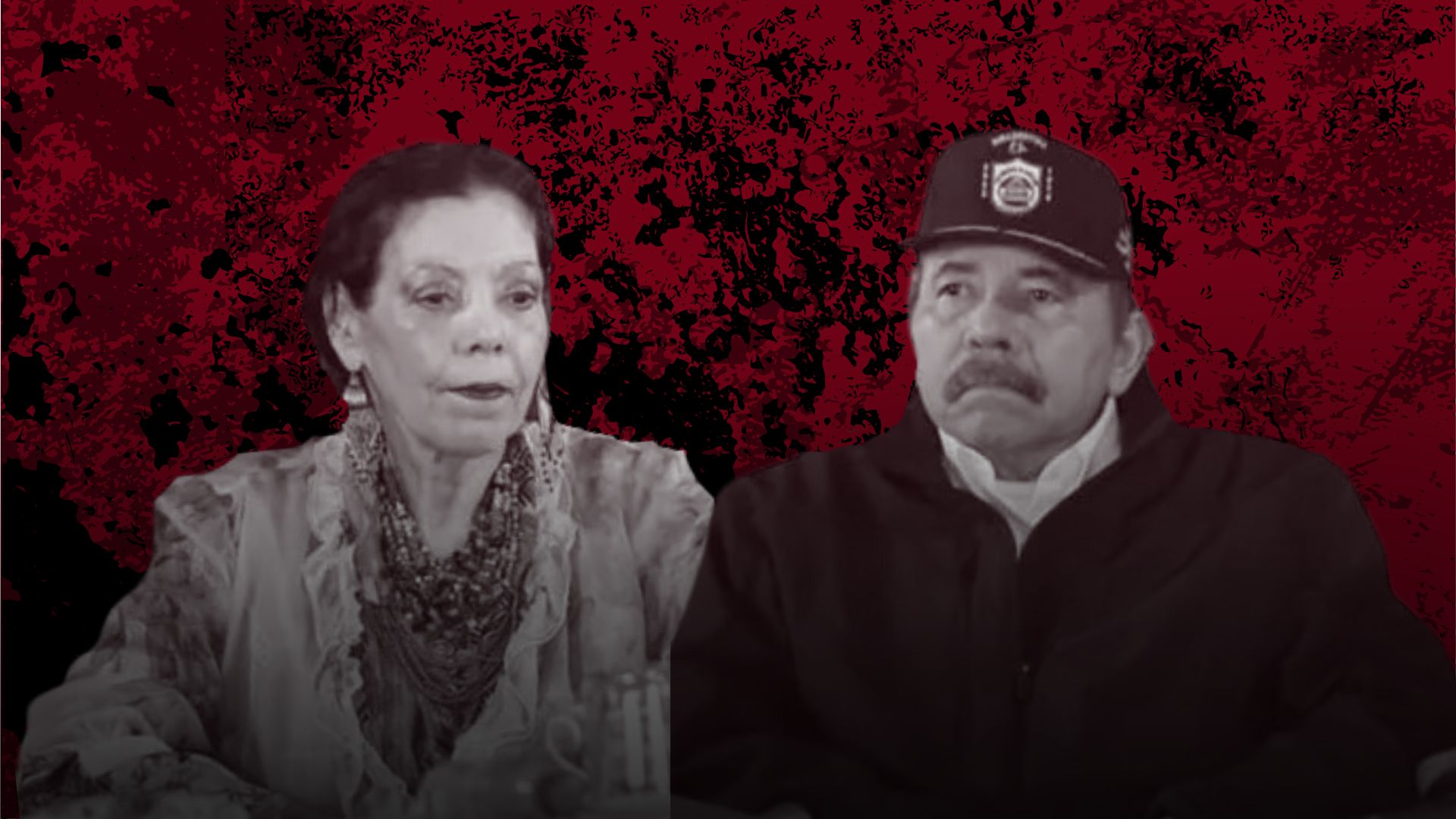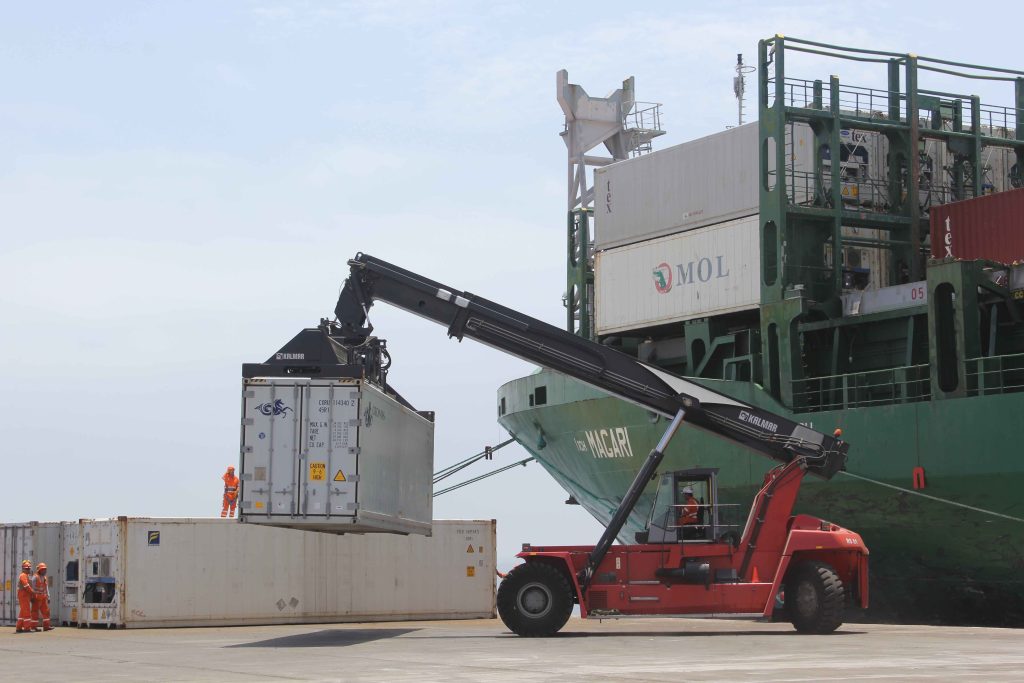The president of Nicaragua, Daniel Ortega, proposed a constitutional reform that elevates his wife, Vice President Rosario Murillo, to the role of “co-president” and increases her control over society, according to a document to which the media, including the AFP.
The proposal, which increases the presidential term from five to six years, was submitted to the National Assembly, under the control of the ruling Sandinista National Liberation Front (FSLN, left) so it is expected to be approved without problem.
“The presidency of the Republic is made up of a co-president and a co-president,” who will be appointed in elections that will be held “every six years,” not five as currently, according to the text.
Ortega, a 78-year-old former guerrilla who governed Nicaragua in the 1980s and has been in power since 2007, is accused by the United States, the European Union and Latin American countries of establishing an autocracy in the country.
The reform states that “traitors to the Homeland lose Nicaraguan nationality,” just as the government has done with some 450 politicians, businessmen, journalists, intellectuals, human rights activists and religious people who were expelled from Nicaragua and stripped of their nationality after the 2018 protests.
Related news: URGENT: Ortega sends another initiative to reform the Constitution of Nicaragua
Ortega and his powerful wife accuse the Church, journalists and NGOs of having supported the 2018 protests that left more than 300 dead, according to the UN, and which they consider an attempted coup d’état sponsored by Washington.
The proposal establishes controls for the media and the Church so that they do not respond to “foreign interests”, and in the case of economic entities so that they do not apply sanctions such as those imposed by the United States.
“The State will ensure that social media are not subjected to foreign interests or spread false news,” he stressed.
Furthermore, “under the protection of religion, no person or organization can carry out activities that violate public order,” the text adds.
A total of 278 journalists have gone into exile and practice their profession from Costa Rica and the United States, so much so that fifty religious were sent abroad, mainly to the Vatican.
Related news: Ortega dictatorship will force banks to open accounts for sanctioned people
In the reform, the government proposes the creation of a “Voluntary Police”, made up of civilians, as an “auxiliary and support body” to the security forces.
During the massive protests of 2018, hooded and heavily armed men intervened to set up trenches set up by university students and control the protesters. Thousands of people went into exile.
According to the proposal, Nicaragua is defined as a “revolutionary” state and includes the red-and-black flag of the FSLN among its national symbols.
















